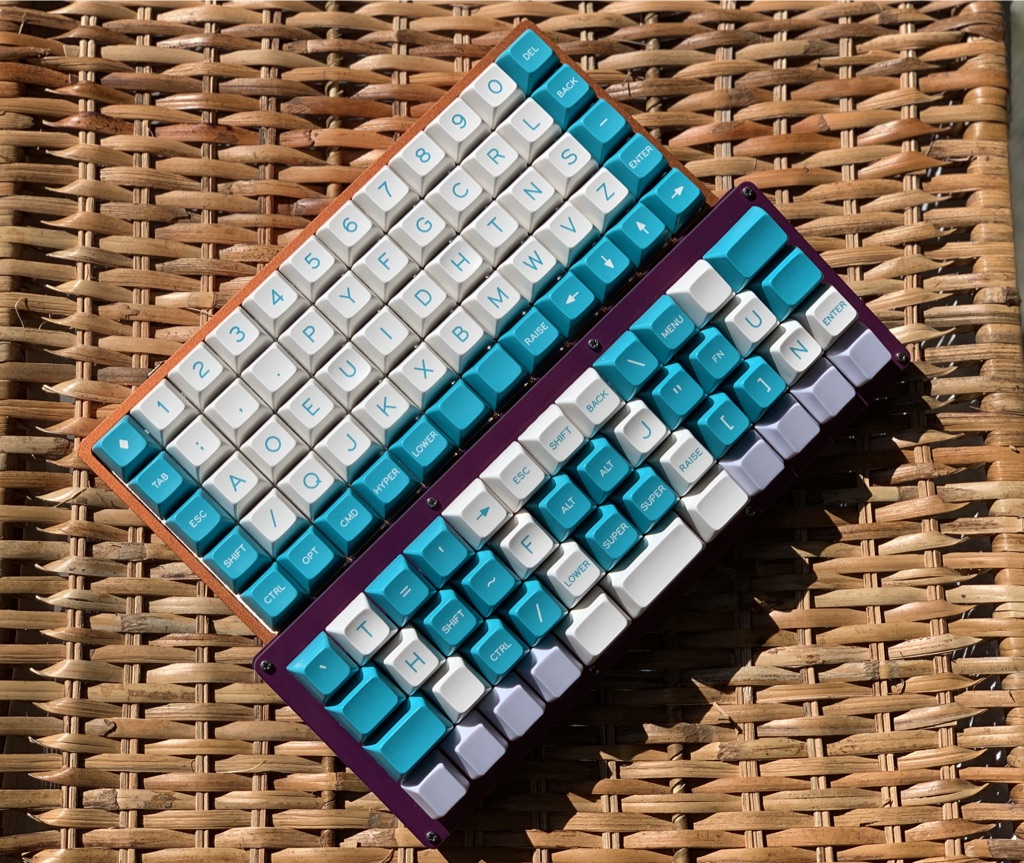The following is my statement of purpose from my application to a master’s program for Applied Cognition and Neuroscience.
When I first started college, I knew nothing about neuroscience – as expected. However, after nearly four years of study towards a bachelor’s degree in neuroscience, I still know nothing about it. If anything, my years of undergraduate study have made me more aware of how little I really know. I originally chose the neuroscience major because of a long-standing curiosity in the science behind individual differences in cognition and behavior. Soon enough, studying neuroscience itself became my motivation for studying more neuroscience – a positive feedback loop, if you will. Neuropharmacology explained how physiological changes produced by various drugs affect cognition and behavior; neuroplasticity illustrated the brain’s ability to adapt, and the possible degrees to which that adaptability can be affected by drugs. Cognitive, developmental, and behavioral neuroscience demonstrated how neuroplasticity, neurophysiology, and neuropharmacology affect (and are also affected by) learning and memory.
The integration of the various branches of neuroscience occurs at so many levels that the study of one invariably leads to another. Studying neuroscience has made me realize that we still have much to learn, and that what we do know is infinitesimal in comparison to what we do not know. It has taught me to focus more on understanding concepts (and less on memorizing facts), and to apply those concepts in everyday life. Though these could be said of all sciences, neuroscience was the catalyst in my developing these views. In studying the role of the nervous system in cognition and other biological systems, I have gained a greater appreciation for other sciences (such as chemistry and physics) in which my knowledge is poor.
Many neuroscience courses used scientific papers as reading material; through learning how to interpret scientific papers, these courses allowed me to further develop my critical thinking skills. Rather than taking a research paper at face value, I have learned to use my current knowledge to search for possible confounding factors, the importance of a data set in the overall findings of the study, ways in which the study could be improved, and future applications or studies of the findings. These classes have also given me practice in presenting and discussing new topics, especially in regards to adjusting the semantics of my speech to suit the audience’s level of knowledge. For a brief period of time, I volunteered in Dr. Filbey’s lab, where I gained some basic insight into the protocols, tasks, and imagining techniques used in human research (on addictive disorders).
In high school, I earned high grades with little effort. During freshman year, I quickly found that achieving the same grades in college required a great deal more effort. I struggled with attention and time-management issues, but figured that these problems were due to a lack of practice and experience. In sophomore year, I tried various study strategies, none of which seemed very helpful. During junior year, I went to regular counseling sessions; the first was because I wanted to be evaluated for ADHD, but subsequent sessions were devoted to general stress management. Throughout all of this, my grades only improved slightly, and I continued to have attention and time-management issues. So, in the fall of my senior year, I sought psychiatric help and was diagnosed with ADHD.
Even with a professional diagnosis, I was reluctant to accept that I had ADHD. Accepting the diagnosis felt equivalent to using ADHD as a scapegoat, while denying it suggested that my previous efforts were not sincere enough. None of my neuroscience classes had discussed ADHD in depth, so to understand it better – and potentially myself – I began reading research papers. Since being diagnosed, I have accumulated papers covering various aspects of ADHD, such as studying strategies, coping mechanisms, and genetic, physiological, and behavioral studies. This entire process has taught me a great deal about myself, especially in regards to how I respond to stress. As a result, I am better prepared to handle any difficulties I might encounter during my graduate studies.
Out of the many aspects of neuroscience, neuroplasticity, learning, memory, and cognitive neuroscience have been areas of continual interest. In addition to studying each individually, I am interested in studying their interrelationship. In pursuing a master’s degree in Applied Cognition and Neuroscience, I hope to explore these areas in more depth. If possible, for my area of specialization, I would focus on these aspects in regards to neurological disorders and brain damage. I wish to research in one of the neuroscience labs in order to expand my shallow understanding of research, and to augment my conceptual understanding of neuroscience. My current plan is to enter medical school after earning my degree, but I also view the master’s program as an opportunity to explore all possible career paths. My post-graduate objective is to make an informed decision in choosing a career path using the experience gained during the program.
